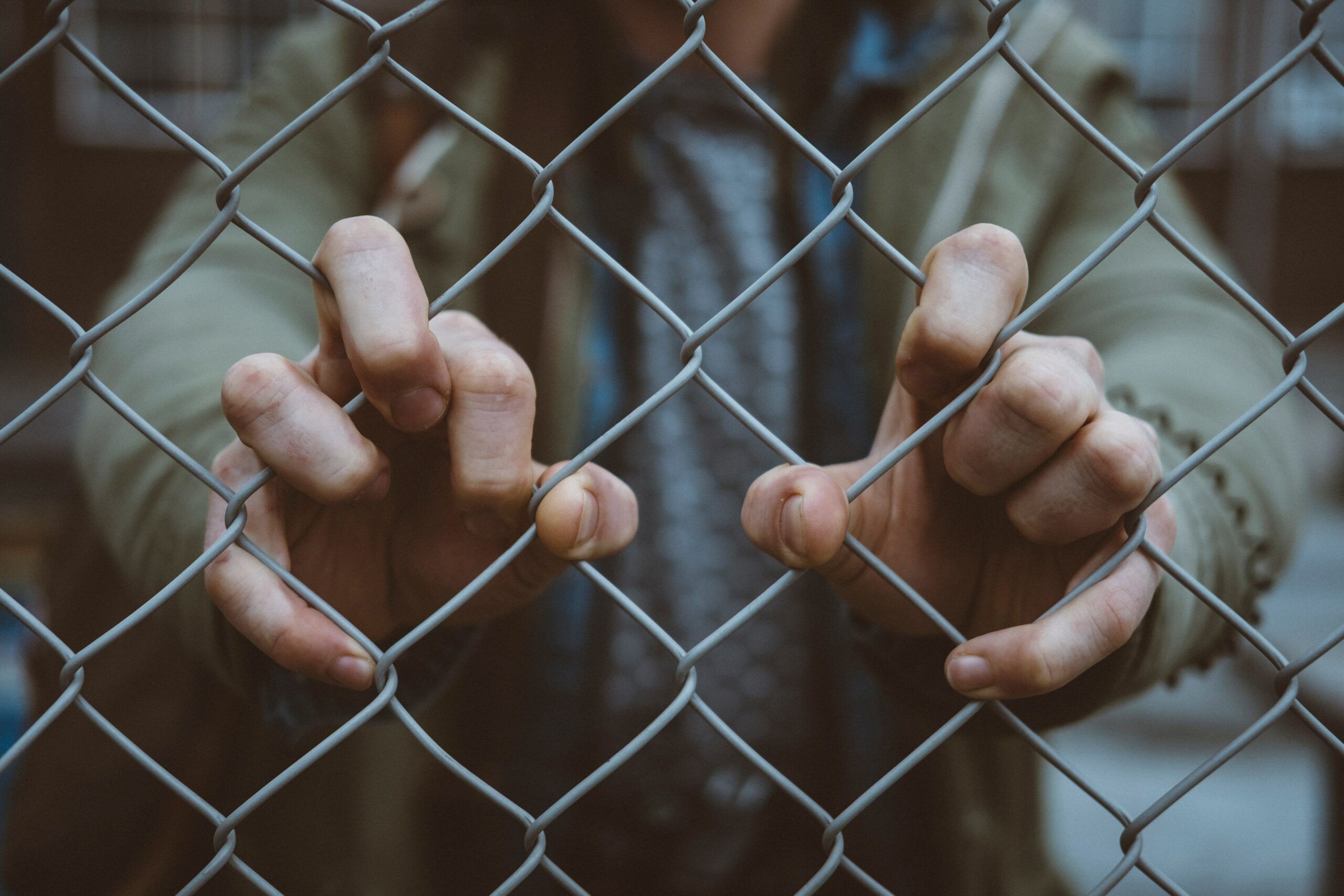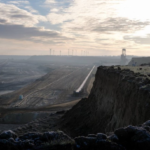Despite the obvious hardships anyone who seeks asylum from persecution has endured, this human right is becoming increasingly controversial. Europe has for the past years seen an influx of right-wing nationalist parties and the anti-immigration politics they entail. With barbed wires and military force, countries like Poland and Hungary are doing their best to keep refugees out of their borders. Another policy recently introduced by some governments is the possibility to outsource asylum seekers.
Article 14 of the UN’s declaration of human rights states that “everyone has the right to seek and to enjoy in other countries asylum from persecution”. An asylum seeker can apply to receive status as a refugee, which then grants certain rights under the 1951 Refugee Convention. This includes the right to not be sent back to a place where freedom or safety is threatened. According to the declaration, anyone fleeing persecution should be allowed to safely seek asylum in another country. However, the decision of whether someone will be granted refugee status or not ultimately lies with the nation receiving the application.
Denmark and Britain: reshaping the asylum system
Denmark is well known for enforcing some of the strictest immigration policies in Europe. Prime Minister Mette Frederiksen has publicly stated that she has the ambition for Denmark to receive no more than zero asylum seekers. They have also passed a much debated “jewelry-law”, allowing the state to confiscate jewelry and other valuables from incoming asylum seekers. Furthermore, they became the first in Europe to revoke residence permits of Syrian refugees after concluding that some parts of Syria are now safe to return, something that the UN strongly opposes. The most recent policy put forth regarding Danish immigration is the possibility to outsource asylum seekers.
In April 2021 the Danish government proposed a bill that would allow them to receive asylum seekers in a third country. UNHCR voiced strong opposition to this proposal, accusing Denmark of relieving itself from its international and moral duties. Despite these objections, the bill was approved in parliament with a strong majority. In September 2022 a declaration was signed between Denmark and Rwanda, establishing that asylum seekers arriving in Denmark can be transferred to Rwanda. The application for refuge will hence be processed by the small African state, and if deemed needed the asylum seeker might receive further protection in Rwanda instead of in Denmark. According to Denmark, this is a way of protecting refugees to help them avoid dangerous journeys across the Mediterranean Sea, creating a more sustainable asylum system. The EU Commission disagrees, stating that relocating refugees outside of Europe is not possible under the current EU laws. Denmark is however free from these obligations due to their four opt-outs from the EU cooperation in 1993, including EU laws regarding asylum standards.
Picture by Gerd Altmann on Pixaby
“In September 2022 a declaration was signed between Denmark and Rwanda, establishing that asylum seekers arriving in Denmark can be transferred to Rwanda.”
Similar events have simultaneously been unfolding in the UK. Former prime minister Boris Johnson signed a deal with Rwanda in April earlier this year after reaching an agreement on the possibility for the UK to resettle asylum seekers in Rwanda. After being relocated to Rwanda the person will not be eligible to return to the UK, but will either be permitted to settle in Rwanda or be returned to their country of origin. Like Denmark, the British government claims this will prevent perilous journeys over the English Channel as well as giving people a chance to seek refuge closer to home. The UNHCR is however of another opinion and in an announcement opposing these plans they asserted the following statement,
“People fleeing war, conflict and persecution deserve compassion and empathy. They should not be traded like commodities and transferred abroad for processing.”
Despite being a small country of just about 13 million people, Rwanda has shown immense hospitality towards refugees, currently hosting about 107 thousand. Since the genocide and civil war in 1994, Rwanda has succeded with some impressive political restructuring and development. In 2015 they were ranked the least corrupt country in Africa, and up until the COVID-19 pandemic they were experiencing a steady economic growth. That being said, in 2022 they were still among the 20 poorest countries in the world measured by GDP per capita. Perhaps it is therefore safe to assume that it is not only due to exceptional hospitality that they are entering these asylum arrangements, but that the 120 million pound funding provided by the UK might play a part. What the financial agreement with Denmark will entail is yet to be presented.
The majority of the refugees in Rwanda are Congolese, and almost all of them live in six different camps. Refugees are allowed to work, but unemployment rates are still high and financial independence has proven to be difficult. As such the UNHCR reports that Rwanda’s ability to integrate refugees is very limited. The host country has also been accused of several human rights violations, including political repression, torture and discrimination against LGBTQ+. Nevertheless, Denmark and Britain believe that Rwanda will prove satisfactory as a host country.
Picture by Mike Stevens on Unsplash
Australia: a disheartening precursor
A country that already has been practicing this form of immigration politics for decades is Australia. In 1992 the Australian government introduced mandatory detention camps for any migrants arriving without a valid visa, where they would need to stay until their application had been properly processed. Nine years later they relocated refugees offshore for the first time after the controversial “Tampa” case, when a Norwegian vessel rescued 433 asylum seekers in Australian waters. This led to the introduction of an administrative system named “the Pacific Solution” that would further allow Australia to transfer asylum seekers out of state. An agreement was made with Papua New Guinea (PNG) and Nauru to establish detention camps in return for increased Australian aid. However the system did not become properly enforced until 2012. Since then Australia has systematically been relocating refugees arriving by sea to the small Pacific Ocean nations.
Several human rights organizations including Amnesty International and Human Rights Watch have since reported on the horrendous conditions in these camps. They are overcrowded, lack clean water and suffer major sanitary issues. Compared to Australia, PNG and Nauru are economically poor countries with flawed democratic and juridical institutions. Local residents have allegedly been abusing and stealing from asylum seekers in the camps, but even if a case has been reported to the police it has rarely led to any further investigation. Additionally, the application processes for refugee status are extremely protracted, leaving many people stuck in the camps for years on end. In an article from 2021, Human Rights Watch interviews a man who has been in detention for nine years. He calls it being stuck in limbo and explains the immense physical torture and depression such a state causes:
“Every day I’m suffering. My mental health is getting so worse. This is not a correct solution. Australia doesn’t treat me like a human.”
A report published by the Australian Human Rights Commission in 2014 conducts a detailed investigation of the situation of children placed in immigration detention. This painful read shows cases of assault, sexual abuse, self-harm and suicide attempts, some among kids as young as 12 years old. The camps are characterized by low transparency and strong restrictions against media which increases the difficulty of holding anyone accountable. The refugee council of Australia reports that as of 2022 there are still 1,402 people in detention in Australia and at least 112 people in offshore detention.
Conclusion
Receiving asylum seekers out of state has allowed Australia to push the boundaries of its responsibility, turning a blind eye to the human rights violations occurring offshore. As Denmark and Britain proceed with their plans to process refugee applications in Rwanda, there is a looming risk that a similar development will unfold. Denmark and Britain both claim that the solution is beneficial for refugees, as it will prevent life-threatening journeys across the Mediterranean Sea and the English Channel. The message they send however is clear. You are welcome, but not here.




